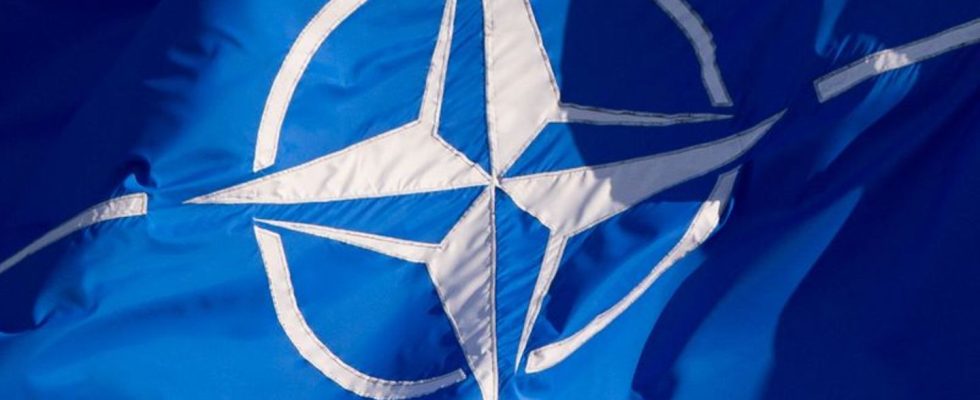Defense industry
NATO is investing billions in new artillery shells
The NATO procurement agency NSPA has also signed a contract with a German company. photo
© Daniel Naupold/dpa
The supply of artillery ammunition to Ukraine has caused the stocks of NATO countries to shrink dramatically. Now it is being increased with the help of contracts worth billions.
The 155-millimeter projectiles can be used in Caesar and self-propelled howitzer 2000 weapons systems, as the NATO procurement agency NSPA announced. Both are also used by Ukraine in its defensive war against Russia.
According to the information, the companies that received the contracts are the French company Nexter Munitions (KNDS) and the German company Junghans Microtec. The latter produces detonators for artillery ammunition in Dunningen in Baden-Württemberg.
According to information from alliance circles, the agreement should enable the procurement of more than 220,000 bullets. It was said that Germany was ordering through them for Ukraine. The first deliveries will be made in approximately 24 months, according to NSPA Director General Stacy Cummings.
“Increasing ammunition production is an absolute necessity”
NATO Secretary General Jens Stoltenberg said at a treaty signing ceremony in Brussels that the agreement would help ensure the alliance’s security. At the same time, increasing ammunition production is an absolute necessity in order to be able to continue to provide support for Ukraine, because to date the country has been supplied with ammunition by digging deep into its own warehouses.
Stoltenberg emphasized that a lot has happened in the past few months. Since agreeing on an action plan for defense production last July, the NSPA has already concluded contracts worth around ten billion US dollars (9.2 billion euros).
Most recently, at the beginning of January, the NSPA announced a contract for the purchase of up to 1,000 Patriot anti-aircraft missiles. Its value was put at 5.5 billion US dollars (5.0 billion euros). The order is considered one of the NSPA’s largest procurements.
In the most recent case, the NSPA negotiated the treaty at the initiative of Germany and two other alliance states. Since a total of nine Allies use the self-propelled howitzer 2000 and Caesar, the procurement agency expects broad use of the framework agreements.

